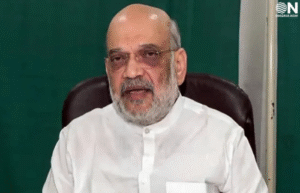Stock Exchanges Broaden ‘Promoter’ Definition to Strengthen IPO Governance

Indian stock exchanges have introduced a significant policy change aimed at improving corporate governance and transparency during the initial public offering (IPO) process. The revised framework expands the definition of a “promoter” to include not just large shareholders, but also individuals or entities exerting significant influence over company decisions, regardless of equity ownership.
Under the new rules, founders, board members, key managerial personnel (KMPs), and even immediate relatives who have a notable role in decision-making could be classified as promoters. This broader scope also covers individuals who exercise control indirectly, such as through board voting rights or strategic veto powers.
Previously, the promoter tag was largely linked to shareholding thresholds, allowing influential figures with minimal equity to avoid public identification. By including these stakeholders, regulators aim to close loopholes that have, in the past, allowed opaque ownership structures to remain hidden from investors.
For companies preparing to go public, the change means conducting deeper internal audits to identify all qualifying promoters. Legal experts suggest that this will require careful documentation to prevent compliance issues or listing delays. In some cases, companies may need to update their corporate structures or disclosures well in advance of filing their draft red herring prospectus (DRHP).
Market analysts believe the move will benefit institutional investors, retail shareholders, and B2B partners by offering a more accurate view of who truly controls a business. This additional layer of clarity can help stakeholders assess the company’s governance culture and long-term stability before committing capital or entering into strategic partnerships.
The change also brings India closer to international norms, where disclosure obligations are designed to reflect real-world influence rather than just formal ownership. As the IPO market continues to expand, particularly in high-growth sectors, this increased transparency is expected to boost investor confidence and reduce the risk of post-listing governance disputes.
Overall, the broadened definition signals a shift toward a more rigorous and realistic understanding of corporate power structures. For investors, it is a welcome step toward ensuring that those with real influence are held to the same disclosure and accountability standards as majority owners.
















